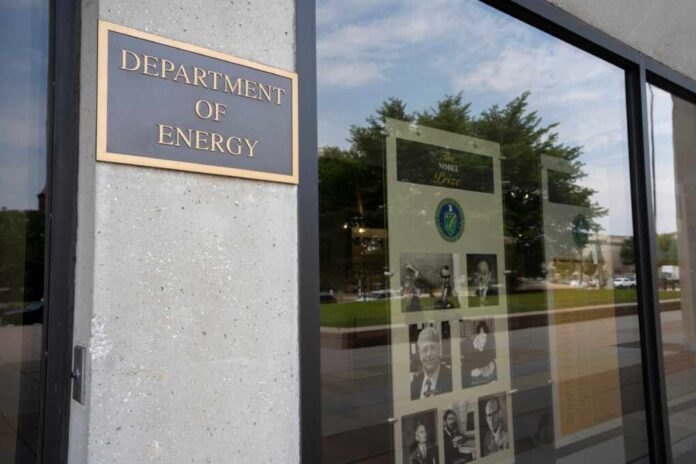
The American Energy Alliance (AEA) has initiated a campaign in Utah and Iowa to oppose the PROVE IT Act, a bill they believe could lead to increased energy taxes for consumers.
The PROVE IT Act, sponsored by Reps. John Curtis (R-UT) and Scott Peters (D-CA) in the House, along with Sens. Kevin Cramer (R-ND) and Chris Coons (D-DE) in the Senate, aims to have the Department of Energy analyze and report the emissions intensity of various energy products, including steel, aluminum, cement, natural gas, and crude oil, produced both domestically and internationally. The bill is expected to be introduced soon, as reported by E&E News.
Supporters of the bill argue that the U.S. has some of the cleanest manufacturing processes globally, and this study would provide data to back that claim. They assert that such data could counteract global misconceptions about the environmental impact of American products. “The United States lives up to the highest environmental standards in the world, and the PROVE IT Act is an opportunity to bolster our advantage by backing it up with verifiable data,” said Sen. Cramer in a statement.
However, the AEA warns that the legislation could result in new carbon taxes and tariffs, which would harm consumers by increasing energy costs. “Congressman Curtis is leading the charge among Republican lawmakers to promote policies that would raise the cost of energy at a time when Utah families are already struggling with higher costs for gasoline, groceries, and many other household needs,” stated Tom Pyle, president of the AEA.
The alliance has launched a substantial digital campaign in Utah and Iowa’s first congressional districts to oppose the bill. This campaign, set to run for two weeks, aims to raise awareness about the potential financial impact on consumers.
Rep. Mariannette Miller-Meeks (R-IA), who succeeded Curtis as chair of the Conservative Climate Caucus, has expressed reservations about the bill. According to E&E News, Miller-Meeks is cautious about the implications of the proposed legislation. “Congresswoman Miller-Meeks is correct to be skeptical of this effort to lay the foundation for new, regressive energy taxes,” said Pyle, calling on Miller-Meeks to clarify her position on the bill.




























